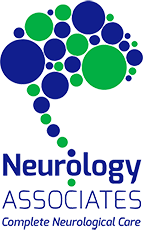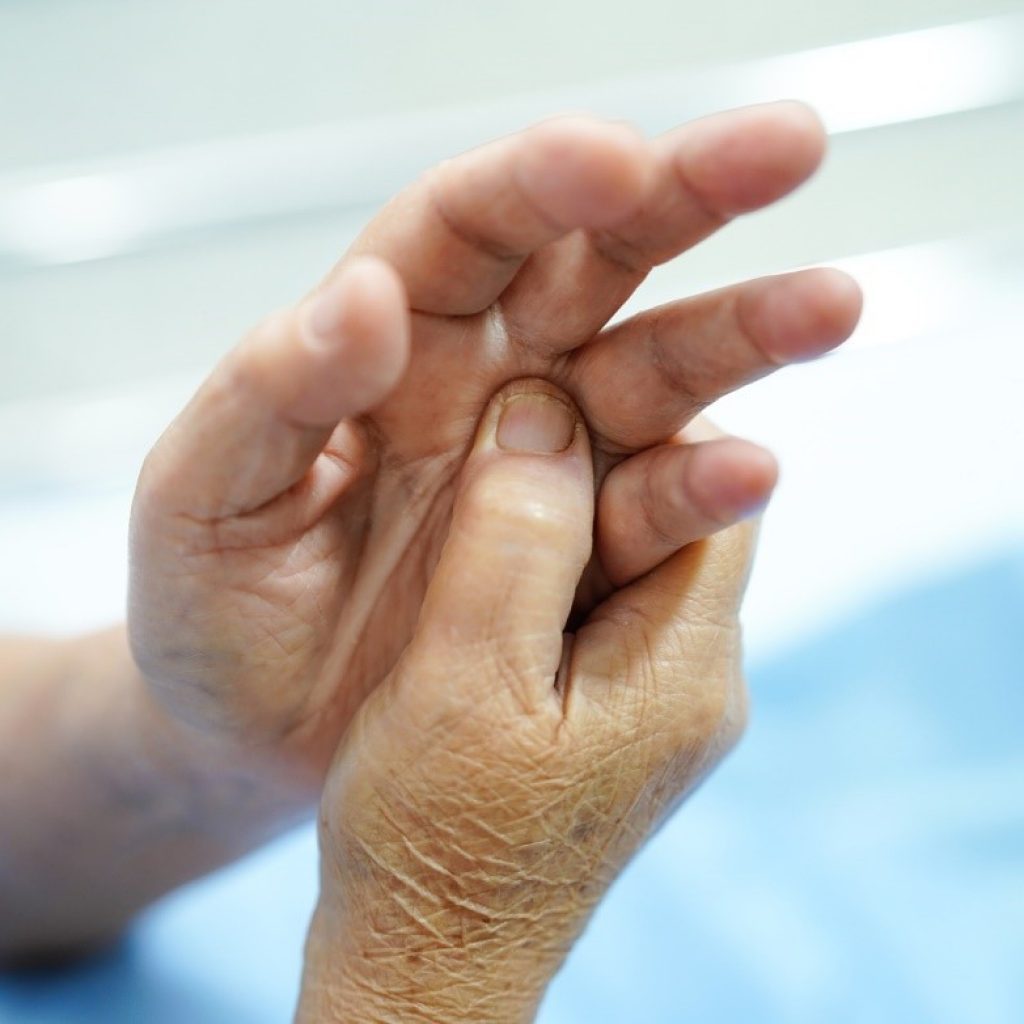Essential Tremor and You
Having trouble holding a glass of water without spilling it? Or maybe you have noticed that over time you are having a hard time writing legibly. These are just a few beginning signs of a nervous system (neurological) disorder known as an essential tremor. This disorder causes involuntary and rhythmic shaking in almost any part of your body, but typically effects the hands the most, and can worsen over time. Unfortunately, it can often be confused with Parkinson’s disease. It is important to receive the correct diagnosis to be able to combat and manage the symptoms of essential tremor. Schedule a consultation with an experienced Dulles neurology physician, Dr. Sarbjot Dulai for a correct diagnosis and treatment plan curtailed to your specific needs.
What causes essential tremor?
The cause of essential tremor is unknown. However, one theory suggests the cerebellum (part of the brain that controls muscle coordination) is not effectively communicating with other parts of your brain.
Other evidence points to a genetic link. If a parent already has the disorder, their children will have a 50% chance of developing essential tremor.
Age can also play a factor in developing essential tremor. It is more common in people over the age of 40.
Symptoms and treatment of essential tremor
If you have essential tremor, you will have shaking and trembling at different times and in different situations. Some characteristics common to all are:
- Tremors that occur when you move and are less noticeable when you are at rest.
- Certain medicines, caffeine, or stress can make your tremors worse.
- Tremors may improve with ingestion of a small amount of alcohol (such as wine).
- Tremors worsen as you age.
- Tremors do not affect both sides of your body in the same way.
- Tremors are most obvious in your hands.
- Difficulty doing tasks with your hands, such as writing or using tools.
- Shaking or quivering sound in your voice.
- Uncontrollable head nodding.
- And in rare instances, tremors in your legs and/or feet.
Your Leesburg neurologist Dr. Sarbjot Dulai will review your family history, medical history, and talk about your symptoms with you during a physical examination to determine your diagnosis. Depending on the details of a patients specific case, Dr. Dulai may recommend a combination of therapy, medication, and possibly surgery as part of a treatment plan.
Differences between essential tremor and Parkinson’s disease symptoms
It may seem that essential tremor and Parkinson’s disease are one and the same. However, they are not. The subtle differences can be detected by an experienced neurologist, like Leesburg Virginia neurologist Dr. Sarbjot Dulai. Essential tremor is usually seen during action, such as writing, eating, or when holding a posture. On the other hand, a Parkinson tremor is most often seen when the body is relaxed and not in use.
Essential tremor’s primary symptom is the tremor itself and most commonly affects the hands, legs, head, and voice. Whereas in Parkinson’s, the cardinal symptoms include rigidity, tremor, and gait/balance issues. Also, the tremor of Parkinson’s disease typically occurs in the upper/lower extremities and the chin/jaw and does not affect the head or voice like an essential tremor does. It is important to note, that although tremor does occur in the majority of Parkinson’s patients, it does not always have to be present to make a diagnosis. Tremors are a key symptom for the diagnosis of essential tremors.
As mentioned above there is no definitive test to diagnose either essential tremor or Parkinson disease. The diagnosis is based on a complete medical/symptom, family history, and examination by a physician, preferably a neurologist.
Schedule an appointment with your Dulles neurologist
If you or a loved one are experiencing any of these symptoms, schedule an appointment today with Dr. Sarbjot Dulai. With the support and expertise of Dr. Dulai, you can manage essential tremor and regain control of your body and life. Call Neurology Associates at (703) 726-6393 to schedule a consultation.







